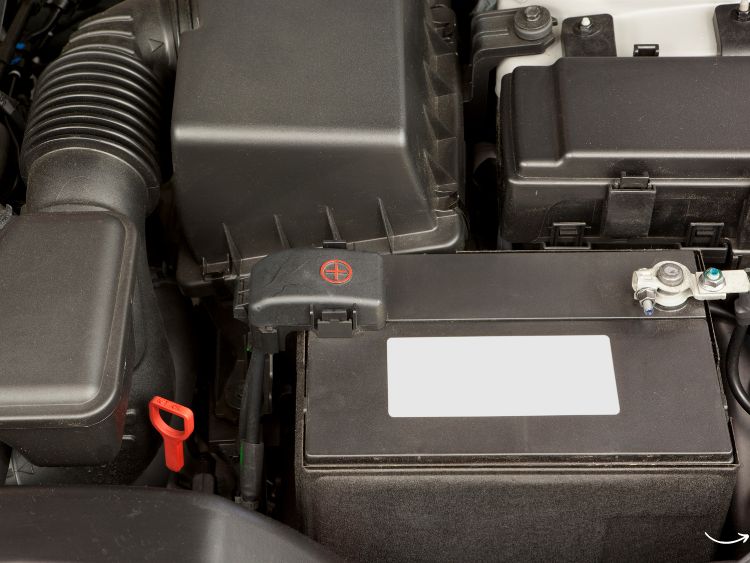Ever wondered why car batteries come in various weights? Well, you’re not alone. Car battery weight plays a crucial role in vehicle performance and battery life. Whether you’re a car enthusiast or someone looking to replace their old battery, understanding the ins and outs of car battery weight can save you time and money. So, let’s dive into the nitty-gritty details of car battery weight and its impact on your vehicle.
The Importance of Car Battery Weight
What Is Car Battery Weight?
Car battery weight refers to the total mass of a car battery, typically measured in pounds or kilograms. This weight varies significantly depending on the type and size of the battery. But why does it matter? Let’s find out.
Why Does Car Battery Weight Matter?
- Performance: Heavier batteries often have more capacity, providing longer-lasting power. This is particularly important for electric vehicles (EVs) that rely solely on their batteries.
- Durability: Heavier batteries are generally more robust, handling the wear and tear of daily use better than their lighter counterparts.
- Vehicle Balance: The weight of the battery affects the overall balance and handling of your car. A heavier battery can impact the center of gravity, which can alter driving dynamics.
Factors Affecting Car Battery Weight
- Type of Battery: Lead-acid, lithium-ion, and AGM (Absorbent Glass Mat) batteries all have different weights.
- Size: Larger batteries naturally weigh more.
- Capacity: Batteries with higher capacity (measured in amp-hours) tend to be heavier.
Types of Car Batteries and Their Weights
Lead-Acid Batteries
Lead-acid batteries are the most common type of car battery. They are relatively inexpensive and have been used for decades. However, they are also quite heavy, with weights ranging from 30 to 50 pounds.
Lithium-Ion Batteries
Lithium-ion batteries are becoming increasingly popular, especially in electric and hybrid vehicles. These batteries are much lighter, typically weighing between 20 to 40 pounds, but they come at a higher cost.
AGM Batteries
AGM batteries are a type of lead-acid battery but use a different internal structure. They are more efficient and durable, with weights similar to standard lead-acid batteries, ranging from 35 to 60 pounds.
Impact of Car Battery Weight on Vehicle Performance
Acceleration and Speed
Heavier batteries can affect a car’s acceleration and top speed. While they provide more power, the extra weight can slow down acceleration.
Fuel Efficiency
In traditional internal combustion engine vehicles, heavier batteries can reduce fuel efficiency due to the added weight the engine must carry. In EVs, the efficiency impact is less noticeable but still present.
Handling and Stability
The placement and weight of the battery can alter a vehicle’s center of gravity, impacting handling and stability. Proper weight distribution is crucial for optimal performance.
How to Choose the Right Car Battery Weight
Consider Your Vehicle’s Specifications
Always refer to your vehicle’s manual or manufacturer’s recommendations when choosing a battery. They provide guidelines on the appropriate weight and type of battery.
Evaluate Your Driving Needs
- Daily Commuting: For everyday driving, a standard lead-acid battery is sufficient.
- Performance Driving: For high-performance needs, consider a lighter lithium-ion battery for better speed and acceleration.
- Off-Roading: For off-roading or heavy-duty use, a robust AGM battery might be the best choice.
Budget Considerations
While lighter batteries offer better performance, they are also more expensive. Balance your performance needs with your budget.
FAQs About Car Battery Weight
What is the average weight of a car battery?
The average car battery weighs between 30 to 50 pounds, depending on the type and size.
Does battery weight affect fuel efficiency?
Yes, in traditional vehicles, a heavier battery can reduce fuel efficiency. However, in EVs, the impact is less significant but still present.
Can I replace my car battery with a lighter one?
Yes, you can, but ensure that the new battery meets your vehicle’s specifications and performance requirements.
How do I know if my car battery is too heavy?
Consult your vehicle’s manual or manufacturer’s guidelines. If your battery exceeds the recommended weight, it could affect performance and fuel efficiency.
Summary
Understanding car battery weight is essential for making informed decisions about your vehicle’s performance and maintenance. From the type of battery to its impact on handling and fuel efficiency, every aspect plays a crucial role. Whether you opt for a heavy-duty lead-acid battery or a lightweight lithium-ion one, ensure it meets your vehicle’s specifications and your driving needs.
